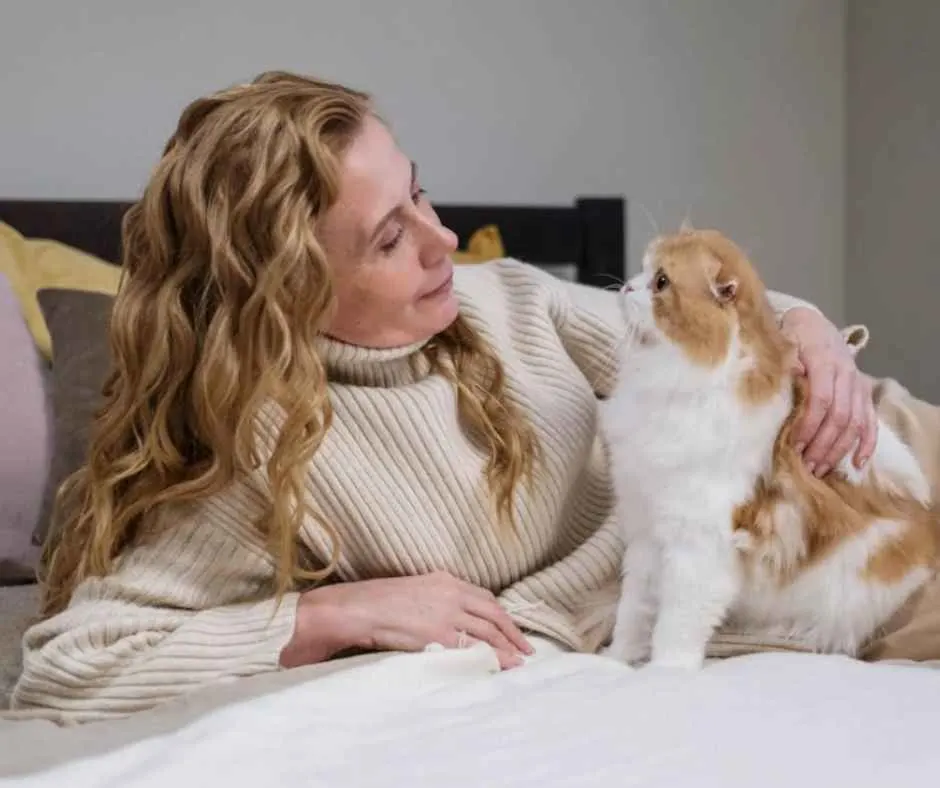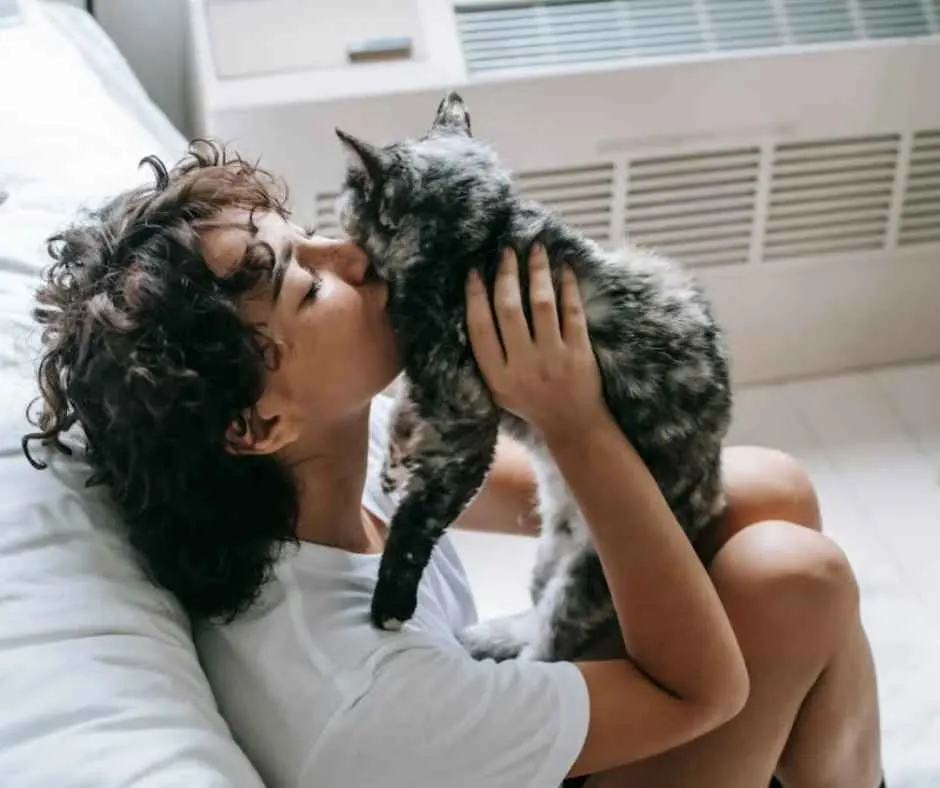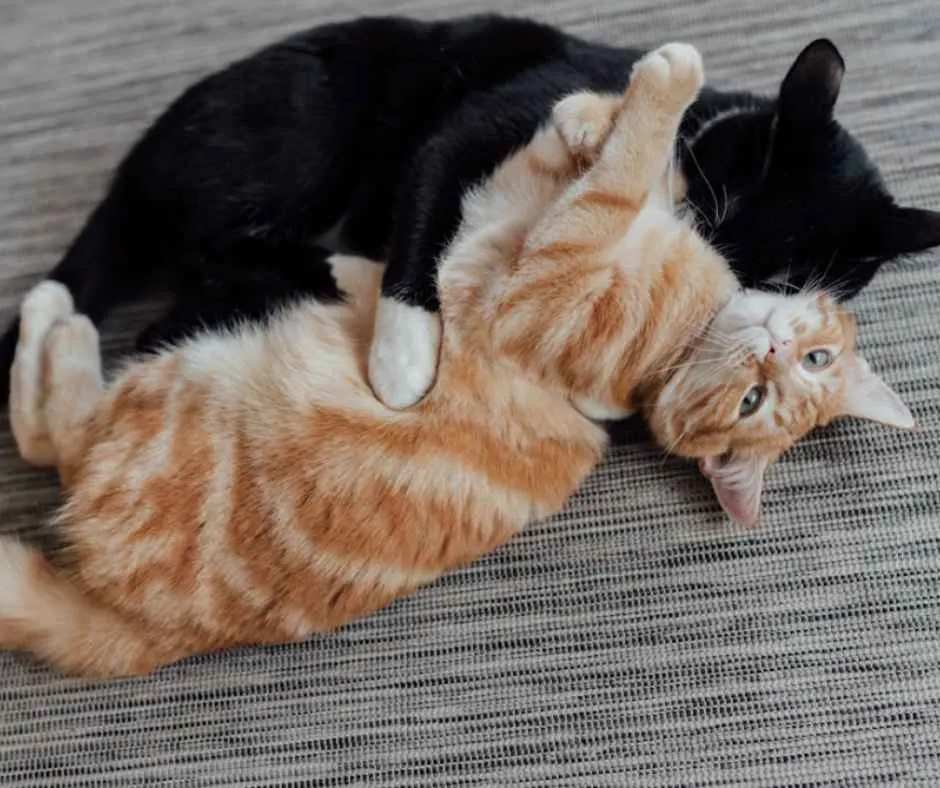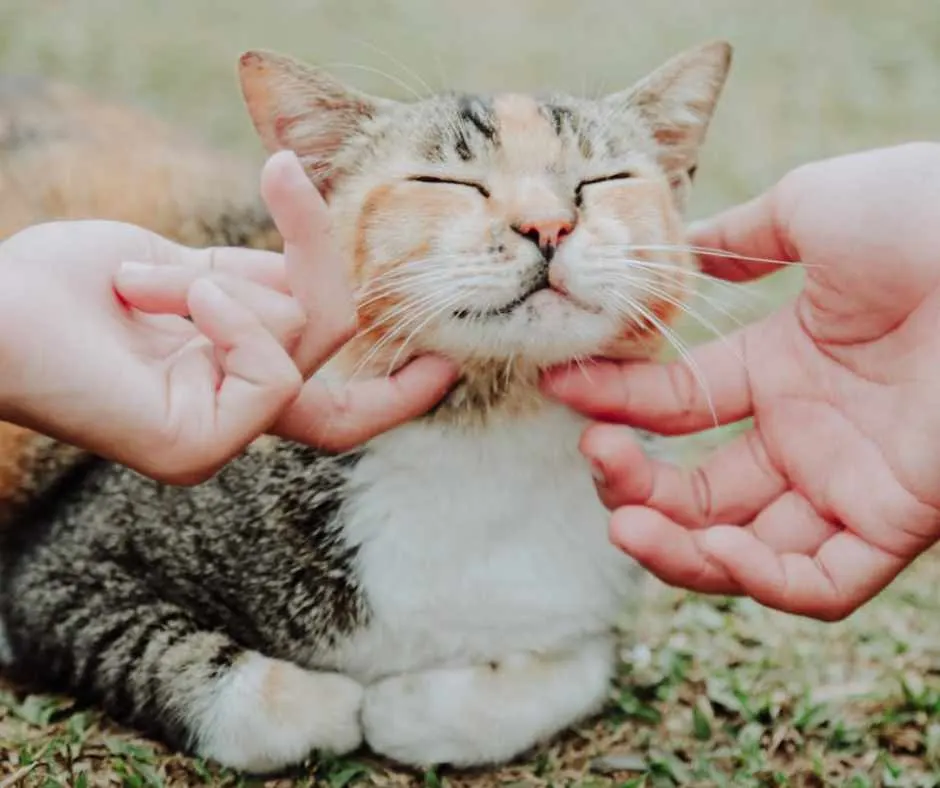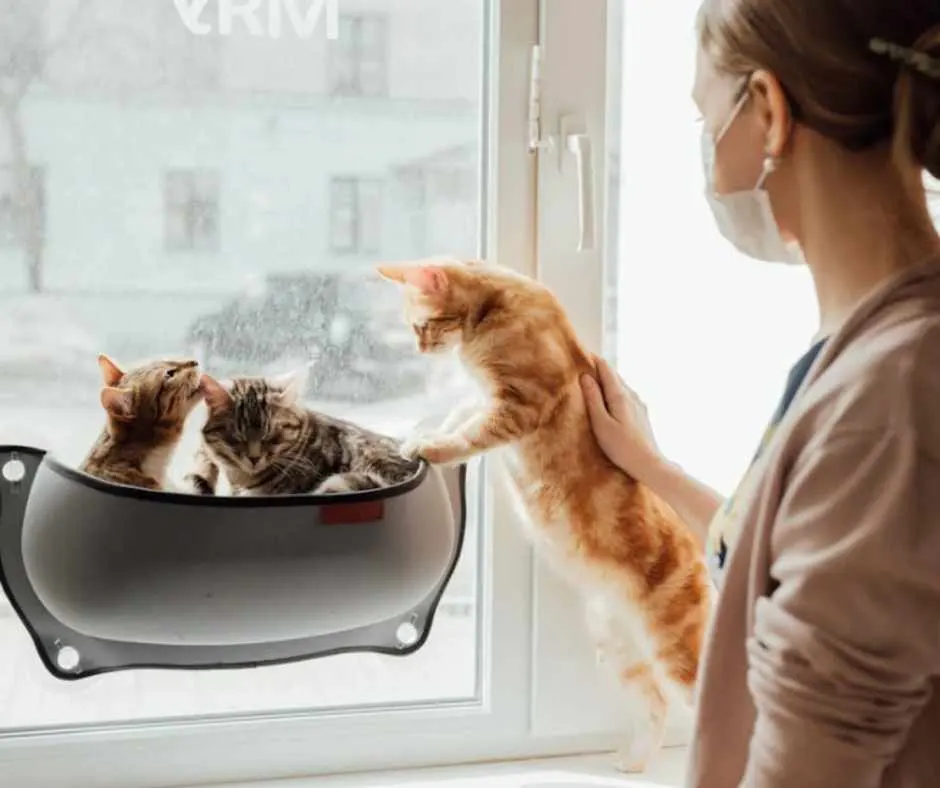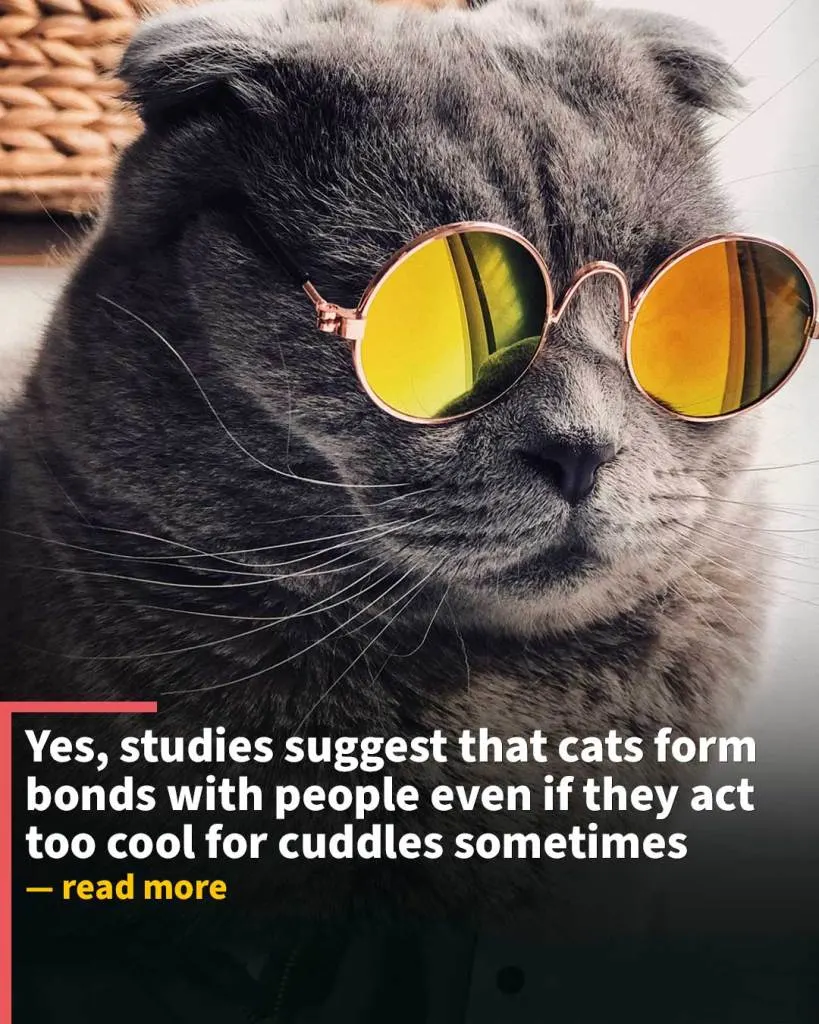Most people would disagree that cats showing affection is common. However, a study suggests that cats have a similar attachment to humans as dogs do. Despite the common belief that cats are aloof, this study reveals otherwise.
Researchers found out that cats like being around people. It showed that cats care about us more than we realize.
An article in the Current Biology journal from September 23, 2019, “Attachment Bonds Between Domestic Cats and Humans,” says cats form attachments with humans, like dogs or babies do.
Dr. Kristyn Vitale and her team at Oregon State University studied animal behavior. They used a test like the one for dogs and babies to watch how cats bond with their caregivers.
They had 79 kittens and 38 adult cats, and their humans entered a new place. The people left and then came back after a while.
The researchers saw that cats with a “secure attachment” greeted their owners and felt safe to explore, showing they see their humans as comforting in new places.
The study found that about two-thirds of adult cats (65.8%) and kittens (64.3%) greeted their humans when they returned, indicating a strong bond.
This is similar to bonding rates observed in dogs and infants. A 2018 study on dogs showed a 61% secure bonding rate, and infants have a 65% rate.
These findings strongly suggest cats care about their owners, like dogs and babies.
The study also discovered that 36% of kittens felt secure when they saw their caregivers again, seeking comfort through cuddles if they were stressed. Some avoided contact, while others were unsure.
Similarly, among 38 adult cats, there was a similar division between feeling secure and insecure.
This pattern mirrors what researchers found in previous studies with children, dogs, and their caregivers.
“Like dogs, cats display social flexibility regarding their attachments with humans,” said Kristyn Vitale, per CNN.
“The majority of cats are securely attached to their owner and use them as a source of security in a novel environment,” she added.
Additional tests were conducted on a particular group of kittens to see if training and socializing them later would alter their attachment style.
Yet, the researchers discovered that these attempts had little to no effect on their attachment style.
This suggests that early experiences can initially shape attachment, but they remain stable once established.
“This may suggest that heritable factors, such as temperament, also influence attachment style and could contribute to its stability,” they write.
Professor Daniel Mills, a specialist in veterinary behavioral medicine at the University of Lincoln, criticized the research, highlighting flaws.
He mentioned that the team didn’t explore other possible types of bonds and didn’t repeat their experiments with strangers.
Mills suggested that this could mean the cats responded to general social support from any human rather than forming a specific attachment to an individual.
“At the moment, as far as we can tell, responses around the owner that look like attachment are often largely the result of previous reinforcement,” he added.
Mills also mentioned that kittens form attachments with their mother, but it’s uncertain if they develop a similar bond with their owners.
He believes that cats do bond emotionally with their owners, but he doesn’t think there’s enough convincing evidence to suggest it’s a psychological attachment in the typical sense.
Dr. Lauren Finka from Nottingham Trent University echoed this sentiment.
She noted that forming bonds can be beneficial for species like cats, which often spend a significant amount of time with specific humans.
However, unlike children and possibly dogs, cats may not have an innate drive to form strong, secure attachments to their caregivers, especially as adults.
Instead, cats’ attachment signs are more likely influenced by their personality, early socialization, and how they are kept.
Watch Kristyn Vitale’s cat attachment experiment below:
Discover more from My Positive Outlooks
Subscribe to get the latest posts to your email.


